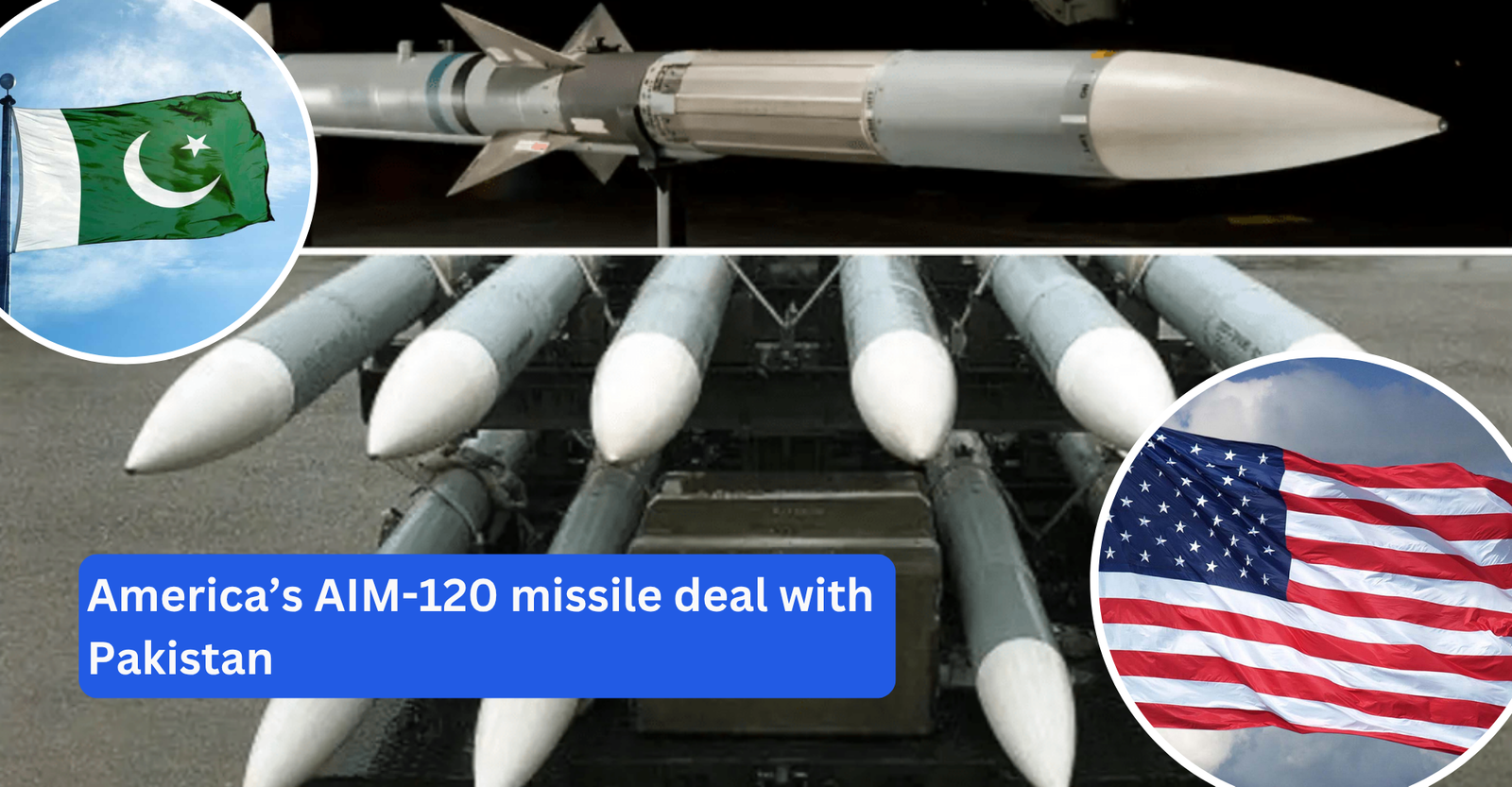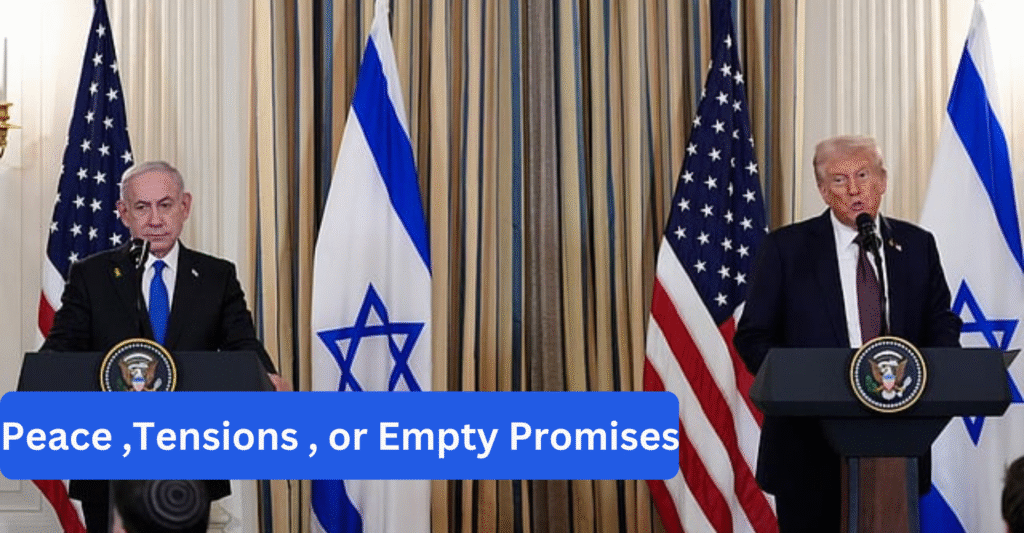
QUICK HIGHLIGHTS
- The U.S. may supply Pakistan with AIM-120 missiles, arming a terror-linked state and fueling conflict instead of peace.
- AIM-120 missiles are supersonic, radar-guided, and battle-tested, including in the 2019 MiG-21 shootdown.
- This deal exposes U.S. hypocrisy, ignoring 9/11 lessons while supplying advanced weapons to a terror-linked nation.
Selling weapons to Pakistan may fuel terrorism, not peace.
According to a recent Department of War announcement, the US may provide Pakistan with modern AIM-120 AMRAAM missiles, which has outraged security experts. Pakistan, a country long associated with terrorism, is already facing its worst economic crisis and is reliant on IMF bailouts, but it may spend an extraordinary $41.6 billion on weapons purchases.Critics believe that this purchase exposes the U.S. double standards, since it supplies a terror-linked state while lecturing other countries on peace and security. With Pakistan’s economy in a rapid financial crisis, analysts warn that investing billions in equipment for warfare rather than economic stability highlights severe ethical and strategic questions about the United States peace theories.
Who Is Involved?
The United States, as the supplier, has approved the export of AIM-120 missiles (AMRAAM). The Pakistan Air Force (PAF), which operates F-16s compatible with these missiles, is the recipient. This approval is part of a broader program that also supplies AIM-120 missiles to numerous other clients, including the UK, Germany, Australia, Japan, South Korea, Israel, and Turkey, among others. High-level coordination between the two nations was signaled by the visit of PAF Chief Air Marshal Zaheer Ahmed Babar to the U.S. State Department in July.
What are AIM-120 AMRAAM missiles?
- Supersonic air-to-air missiles with a range of 20 km to over 160 km depending on variant.
- Uses active radar homing, allowing it to track targets autonomously.
- Equipped with high-explosive fragmentation warheads, compatible with F-15, F-16, F/A-18, F-22, F-35, and NATO aircraft.
- In Pakistan, reportedly used to shoot down Wing Commander Abhinandan Varthaman’s MiG-21 in 2019.
- Pakistan currently operates 500 earlier C5 variants alongside its Block 52 F-16s.
When will the sale happen?
According to notifications from the U.S. Department of War, the AIM-120 missile orders are projected to be fulfilled by May 2030.
Where will It Impact?
- Pakistan: Advanced AIM-120 missiles could fuel terror operations along the India-Pakistan border.
- Regional Threat: Groups like Lashkar-e-Taiba and Jaish-e-Mohammed may benefit, risking cross-border attacks in Kashmir and India.
- Global Risk: Terror proxies could target civilians and U.S. allies, spreading instability beyond South Asia.
- U.S. Security: Supplying missiles to a terror-linked state undermines counter-terrorism efforts and ignores 9/11 lessons.
Conclusion: Fueling Terror or Regional Stability?
If fulfilled, the AIM-120 missile transaction will raise significant moral and strategic concerns about U.S. foreign policy while significantly enhancing Pakistan’s military and terror-related capabilities. This is one of the most uncertain defense agreements in recent years, with analysts warning that spending billions on advanced weaponry in a nation that faces economic collapse may stimulate terrorism, cause instability in the surrounding region, and hamper international counterterrorism operations.
Stay connected with Unwires.com for more geopolitics, travel stories, guides, and inspiration.
After all, every great journey begins with a spark — and Unwires is that spark. ⚡


